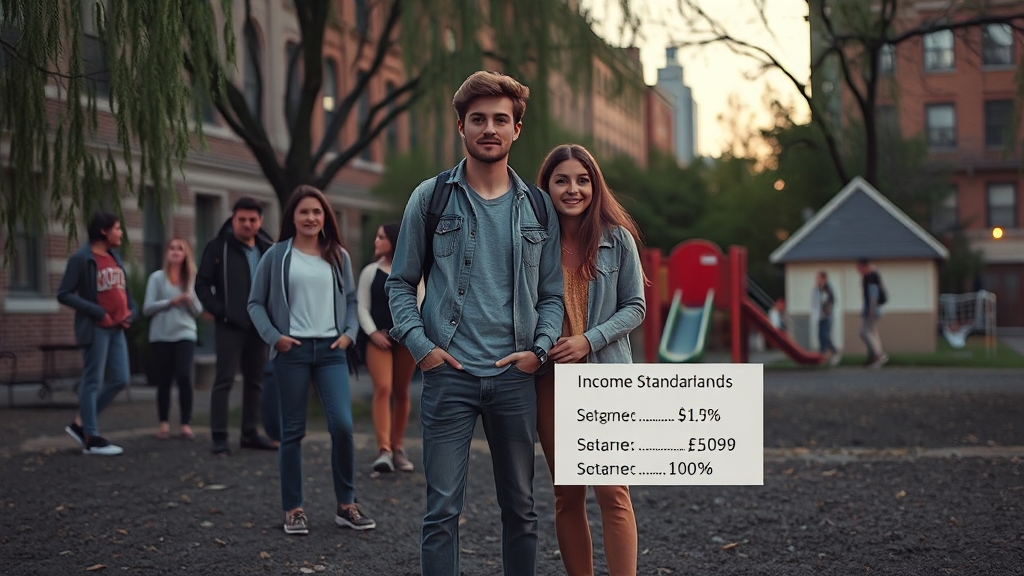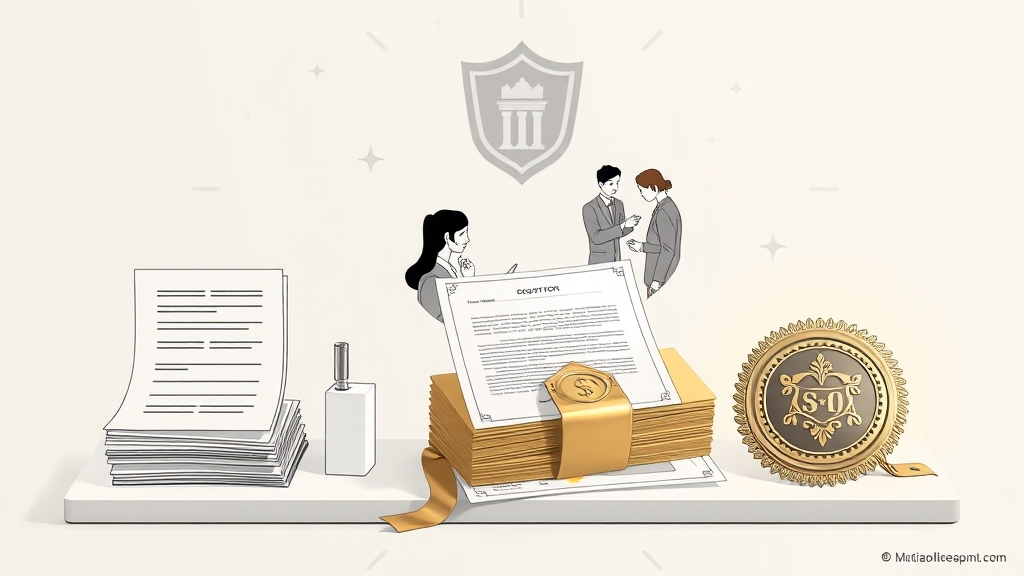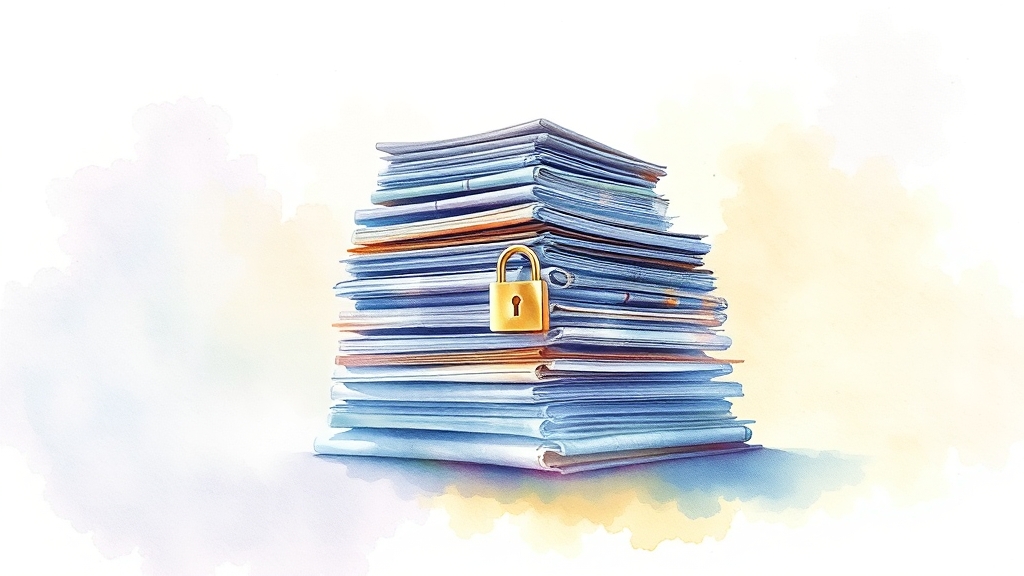
Your springboard to stable housing—Buttress (Buttimok) Jeonse Deposit Loan for youth. With low interest rates and government backing, it helps you secure a safe, affordable home. From eligibility to the latest policy updates, this guide covers everything you need for a successful application. Let’s answer your big questions about the youth Jeonse loan.
Why This Loan Matters for Youth

The Buttress Jeonse Deposit Loan is a launchpad for independent living. It eases rising monthly rent burdens and offers a path out of the “rent squeeze.” With low rates, it’s especially helpful if saving a large lump sum is tough right now.
As a government-supported program, interest rates are typically lower than standard bank loans—meaning real savings on housing costs. That extra cash can go toward investments or building assets, strengthening your financial foundation.
Beyond financing, it helps you move closer to your future homeownership goals—supporting stable living today and a stronger plan for tomorrow.
Eligibility Checklist: Don’t Miss a Detail

Eligibility is based on borrower type, income limits, and housing conditions. Review these points carefully.
Generally, you must be a head of a household with no home ownership. Youth ages 19–34 and newlyweds within 7 years of marriage are eligible. For men who completed military service, the youth age cap can extend up to 39.
Income limits vary by household: single youth typically ≤ KRW 50M/year; newlyweds ≤ KRW 75M/year. These thresholds can change—always check the latest figures.
All household members must be homeowner-free. You must sign a Jeonse lease and pay at least 5% of the deposit as a contract down payment. You can confirm eligibility via the Housing & Urban Fund website.
As of 2025, net assets must be ≤ KRW 337M (youth), and for newlyweds ≤ KRW 345M (subject to adjustment). This includes real estate, vehicles, deposits, etc.—so verify carefully.
Loan Limits & Interest Rates

The loan generally covers up to 80% of the Jeonse deposit, depending on your situation. For typical households: up to KRW 120M in the Seoul metro area and up to KRW 80M outside the metro.
For newlyweds or families with 2+ children: up to KRW 250M in the Seoul metro area and up to KRW 160M elsewhere. Single youth under 25 may borrow up to KRW 150M.
Choose between variable or fixed rates, which scale with income. Example tiers: around 2.0% for ≤ KRW 20M; around 2.7% for the KRW 40M range. Newlyweds ≤ KRW 70M may see around 3.1%. (Exact rates vary by program changes.)
Extra discounts may apply: -0.3%p for SMEs employees, up to -0.7%p for multi-child families, -0.2%p for non-metro housing, and -0.1%p when using an e-real-estate contract.
How to Apply: Step-by-Step

The process goes from prep → application → disbursement. With the right documents and timing, it’s straightforward.
First, confirm eligibility and gather documents: ID, resident registration, family/marriage certificates (if applicable), income proof, the Jeonse lease with a confirmed date, and proof of down payment. Many banks provide a handy checklist.
Apply within 3 months of the earlier of your lease balance due date or move-in date. Visit the bank, consult, and submit documents. Choose a guarantee: HUG or HF.
After approval, complete move-in registration and secure the confirmed date to legally protect your lease. Set up a repayment plan and avoid delinquencies. Review all terms before signing.
All Required Documents (Quick List)

Must-haves: ID, resident registration, family relation & marriage certificates (as needed), income proof, Jeonse contract with a confirmed date, proof of deposit payment, and building registry. Optional/Case-by-case: Wedding hall contract or invitation (for engaged couples), health insurance qualification records, bank statements, and prior income records if currently unemployed.
Use the bank’s checklist and ask your loan officer if anything’s unclear.
Youth Jeonse Loan: What’s Different?

Compared with general Jeonse loans, the youth program offers better rates and features tailored to housing stability for younger borrowers.
The headline difference is the interest rate—starting around the low-2% range and, with preferred-rate conditions, potentially in the 1% range.
Loan limits can reach up to KRW 150M for youth (≤ KRW 120M for those under 25). That’s generally more support than standard Jeonse loans.
Target ages are 19–34 (up to 39 with completed military service). Income typically ≤ KRW 50M (household) and assets ≤ KRW 360M (program-specific caps apply).
A big plus: it helps you reduce rent so you can save and invest—speeding up long-term asset building.
Jeonse Market & Policy Shifts

Recently, the Jeonse market has been volatile, with tighter regulations and rate changes cooling Jeonse demand in some areas.
Stricter caps on Jeonse loans and tighter rules for landlord financing have reduced limits for some Seoul-area homeowners and curbed speculative “gap investments.”
This can accelerate a shift from Jeonse to monthly rent. As loans get harder to secure, tenants may favor monthly rentals—shrinking Jeonse supply while boosting wolse listings.
Tenants should watch for policy updates like mandatory Jeonse deposit return insurance, special financing for high-risk areas, and broader tenant-protection measures.
Wrap-Up

The Youth Buttress Jeonse Deposit Loan can be a game-changer for stable housing. Review eligibility, limits, rates, steps, documents, and the latest policy changes. If you qualify for the youth version, leverage those extra benefits—cut rent, save more, and move closer to your homeownership goals.
FAQ
What’s the biggest advantage of this loan?
Lower interest rates than typical bank Jeonse loans—translating to real monthly savings.
Who can apply?
Homeowner-free heads of household, ages 19–34, and newlyweds within 7 years of marriage (program specifics apply).
How much can I borrow?
In the Seoul metro, typical households may borrow up to KRW 120M; newlyweds up to KRW 250M (program limits vary).
When should I apply?
Within 3 months of the earlier of your lease balance due date or move-in date.
What documents are required?
ID, resident registration, family/marriage certificates, income proof, Jeonse contract with a confirmed date, proof of deposit payment, and related records (bank/building registry).

0 댓글